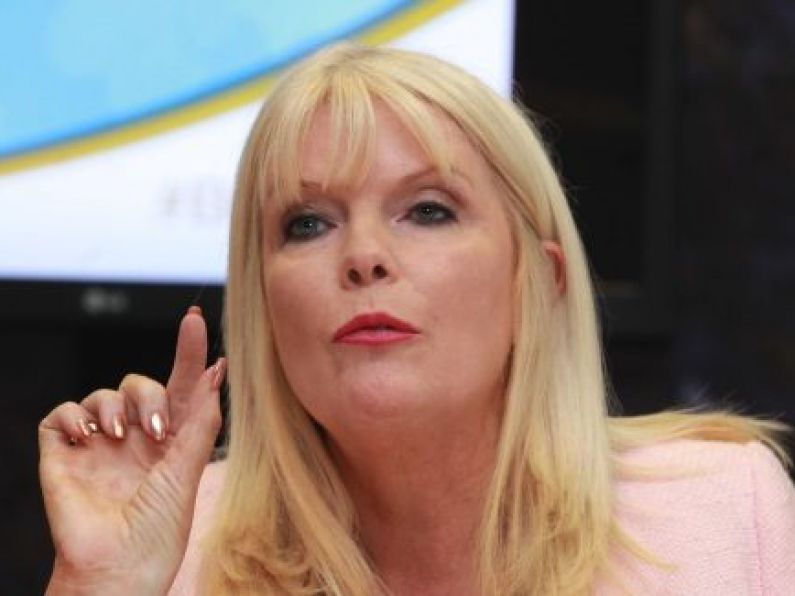The Government is to fund new third-level academic posts that will only be open for women to apply as part of a major new gender equality drive in the sector.
The Taoiseach Leo Varadkar and Higher Education Minister Mary Mitchell O’Connor will announce details tomorrow in response to slow progress on increasing female representation in higher education senior academia and management.
They are expected to say the very specific circumstances and limited number of jobs involved will mean the move does not fall foul of equality law on gender discrimination grounds.
It is one of a raft of new measures aimed at implementing changes to how women are treated for recruitment and promotion across academic and management roles in the sector.
The report of a gender equality task force report is being launched in tandem with the announcements. It includes analysis suggesting that, at current progression rates, it could take up to 20 years for women to reach a target of holding 40% of professorships in the seven universities.
“This would be an unacceptable scenario, to which a decisive response is now imperative,” Ms Mitchell O’Connor said.
The situation is slightly better at institutes of technology, but it could still take seven to 10 years for women to pass the 40% threshold in senior academic positions there.
The minister said she and the Government are committed to eradicating gender inequality in higher education institutions, and she insists they must set ambitious targets for the next one, three and five years.
“I want 40% of professors within our institutions to be female by 2024,” she said.
But the wide variation in current equality measures across nearly 30 publicly-funded colleges means they will each have to agree different interim targets with the Higher Education Authority (HEA) as they strive for the 40% threshold.
Some, like the University of Limerick with more than 30% of its professors already being female, do not have far to go. But NUI Galway continues to trail, having women in just 12% of professorial posts in the most recent HEA data.
The linking of eligibility for research funding to progress on gender equality will continue, but a new measurement system will be introduced due to changes to timelines and criteria for awards under the internationally-recognised Athena Swan charter which was previously used.
The HEA will now determine if each college is making enough progress to continue being able to access publicly-funded research investment, although progress on the Athena Swan system will also be required in the longer run.
Gender equality will also become a key factor in general funding allocations to each college, in addition to other diversity measures such as the inclusion of students with disabilities or from disadvantaged backgrounds.
The report of an expert group chaired by former EU commissioner Máire Geoghegan Quinn in 2016 began the process to address gender inequality at third-level. But the task force established by Ms Mitchell O’Connor last year has come up with further recommendations and targets.
The women-only posts will be created in disciplines with clear evidence of significant under-representation by women. The Irish Examiner understands that this move has been assessed and cleared by the Attorney General’s office and will not require any changes to equality law.
The number of roles covered by this Government of Ireland Senior Academic Talent Initiative will not be revealed until this morning’s announcement.
But they will be restricted to disciplines where other initiatives have not resulted in enough progress, and where they would be a proportionate and effective means to achieve “accelerated and sustainable change” in an institution.






